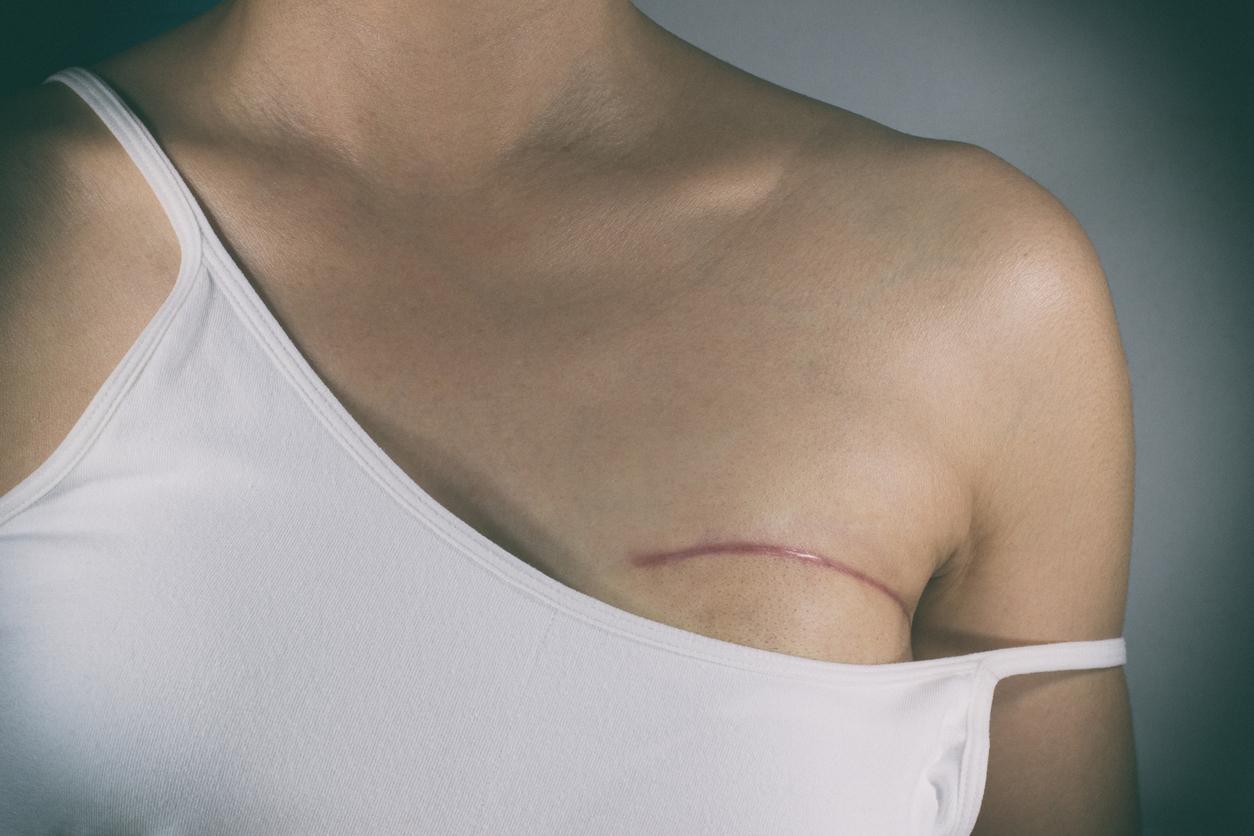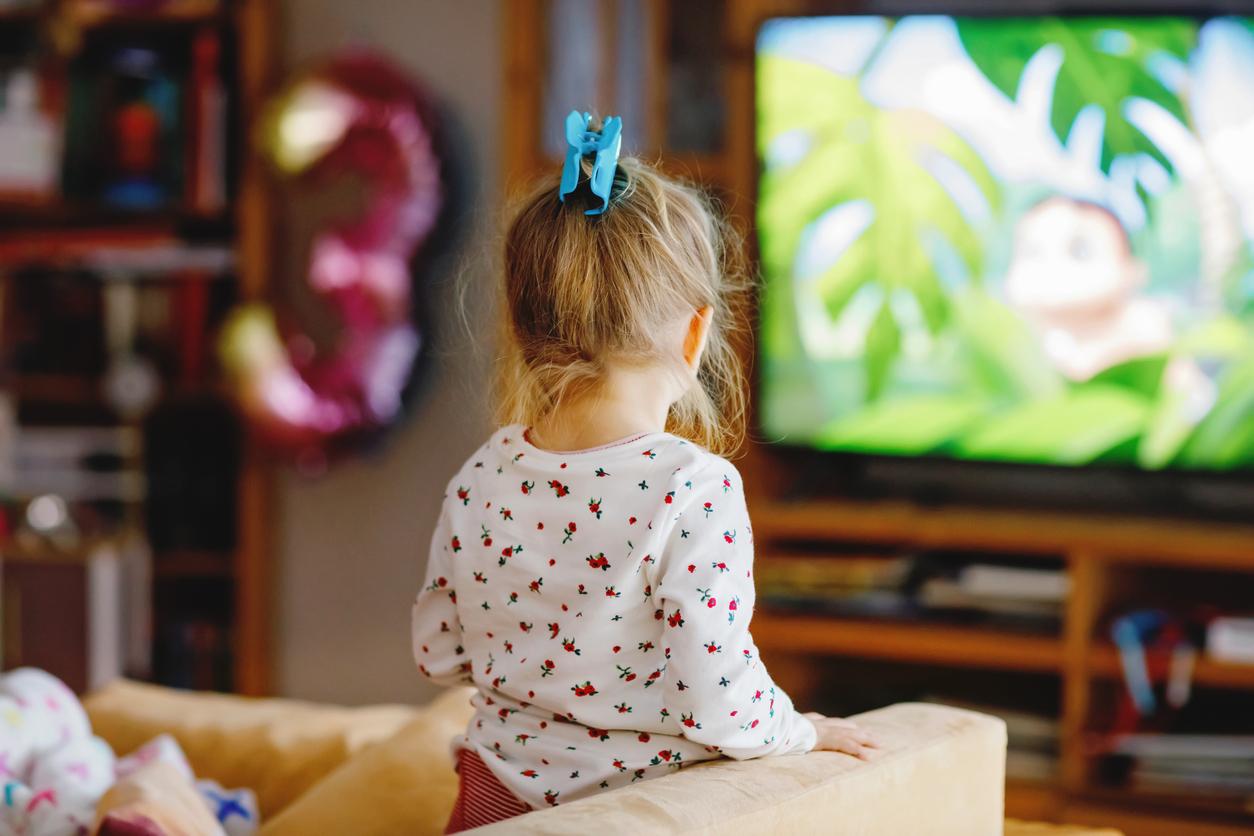In a recent study, American scientists indicated that blue light from screens could be responsible for premature cellular aging.

- Blue light can cause oxidative stress which is characterized by the attack of cells by free radicals, in particular at the level of the cells of the retina.
- Scientists from Oregon State University (USA) recently observed that exposure to blue light could also cause accelerated aging of cells.
Blue light is part of our daily life. It is found in the artificial lighting of mobile phones, tablets, computers and even televisions. Various studies have shown that it has harmful effects on health. In particular, it can cause oxidative stress, in other words an attack on cells by free radicals, particularly in the cells of the retina. Intense and/or prolonged exposure to this light can lead to an alteration in the absorption capacity of the eye and cause irreversible destruction of the retinal cells.
Accelerated aging
Recently, scientists from Oregon State University (USA) observed that exposure to blue light could also cause accelerated aging of cells. For research purposes, they exposed a first group of flies Drosophila melanogaster (vinegar flies) under constant blue light for 10-14 days and placed a second group in complete darkness. According to the results published in the scientific journal Frontiers in Aging, flies living under blue light activated their protective genes against oxidative stress. Insects kept in the dark had a greater longevity compared to those exposed to blue light.
“We are the first to show that levels of specific metabolites, chemicals essential for proper cell function, are altered in fruit flies exposed to blue light,” said Dr. Jadwiga Giebultowicz, professor in the Department of Integrative Biology at Oregon State University and lead author of the study, in a communicated. The researchers found that levels of the metabolite succinate were increased in flies living under blue light, but levels of glutamate, one of the molecules responsible for communication between neurons, were decreased.
Anti-aging strategy
According to the study’s findings, the changes induced by blue light could indicate that the cells are functioning at a suboptimal level, which could therefore lead to their premature death.
“Our study suggests that avoiding excessive exposure to blue light may be a good anti-aging strategy”, recommended Doctor Jadwiga Giebultowicz. Before adding: “We used a fairly strong blue light on flies. Humans are exposed to less intense light, so cell damage may be less.” In the future, research on human cells should be carried out to confirm the conclusions of this study in humans.

















